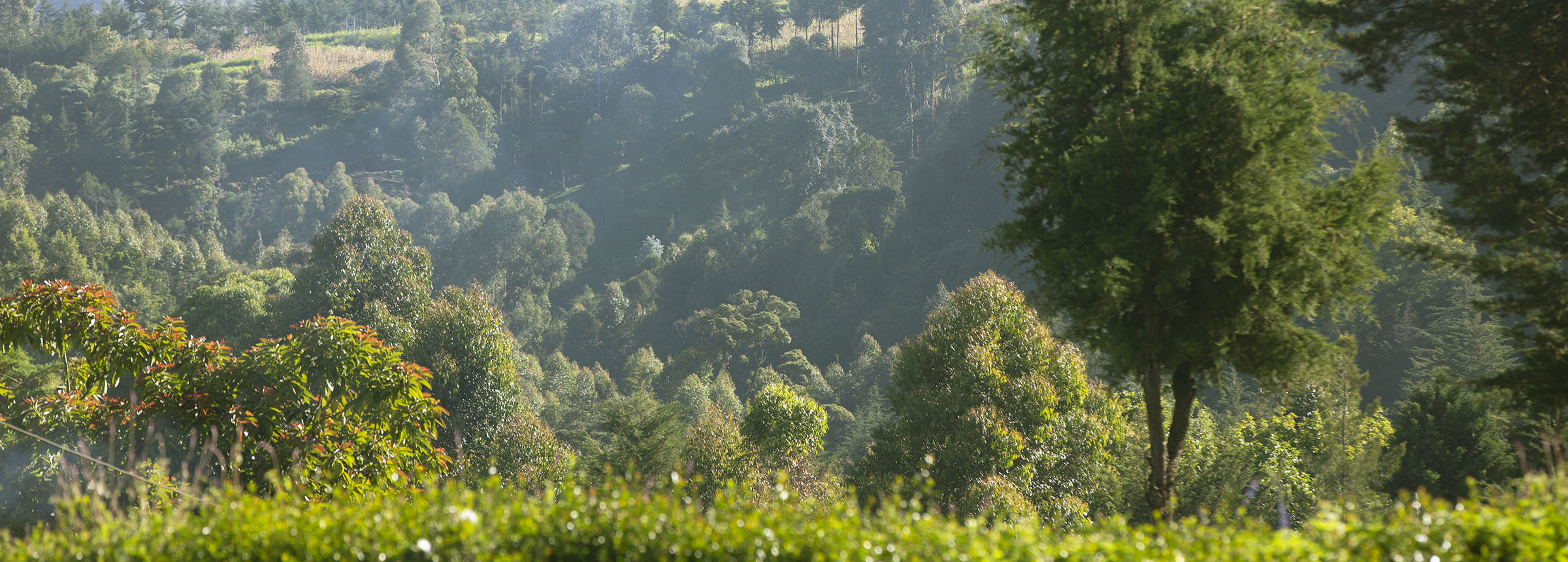Projects
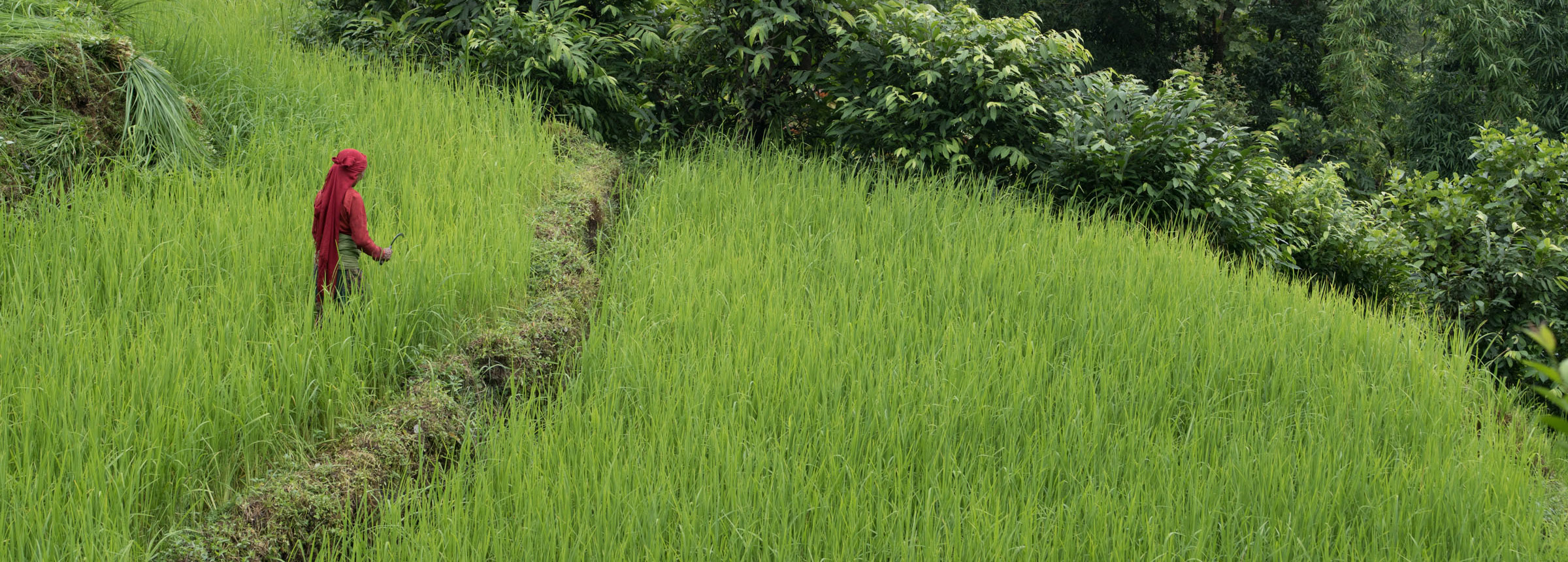
Feed the Future KISAN II
Nepal’s economy is dominated by agriculture, yet the country is one of the most food insecure nations in the world. Building on the progress made from 2013 to 2017 with the Knowledge-based Integrated Sustainable Agriculture and Nutrition (KISAN) I project, the KISAN II project works with the country’s private sector to improve on-farm production and…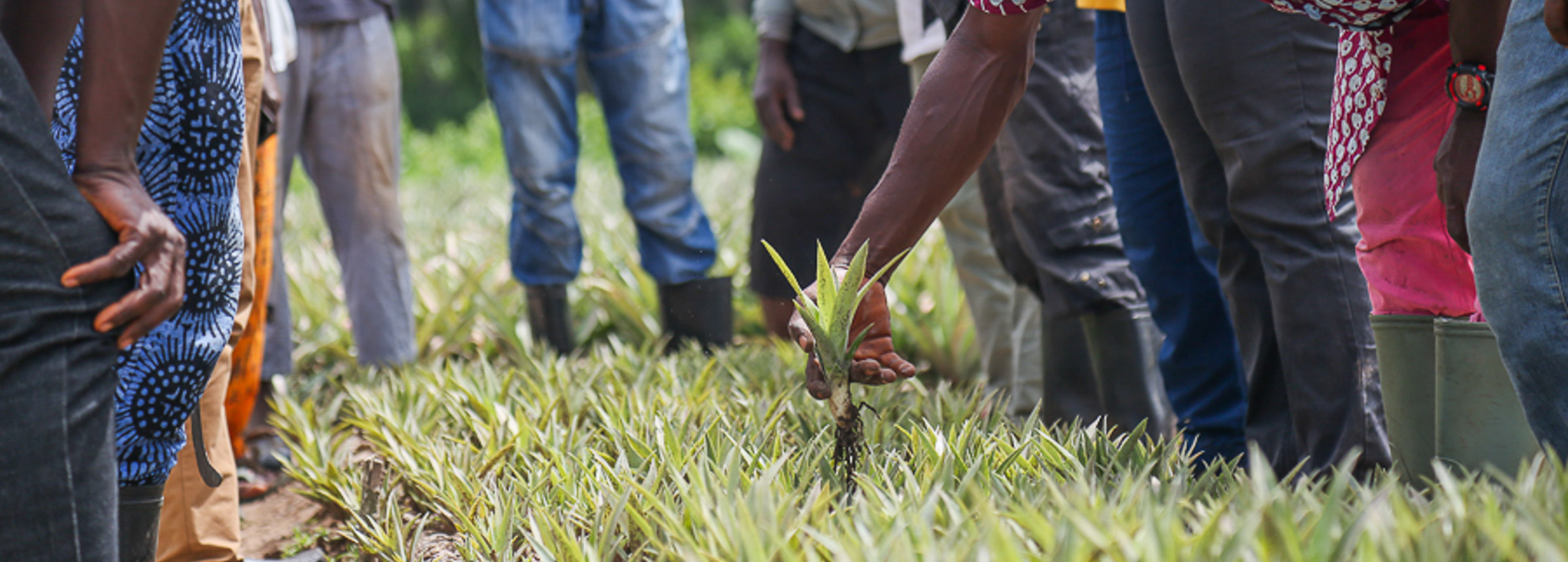
West Africa Farmer-to-Farmer
The West Africa F2F program aims to enhance the agricultural sectors of Guinea, Senegal, and Sierra Leone by utilizing climate-smart agriculture innovations, local technologies, and targeted interventions for marginalized groups to improve access to technology, food security and nutrition, and skills development to boost agricultural productivity and support resilient livelihoods.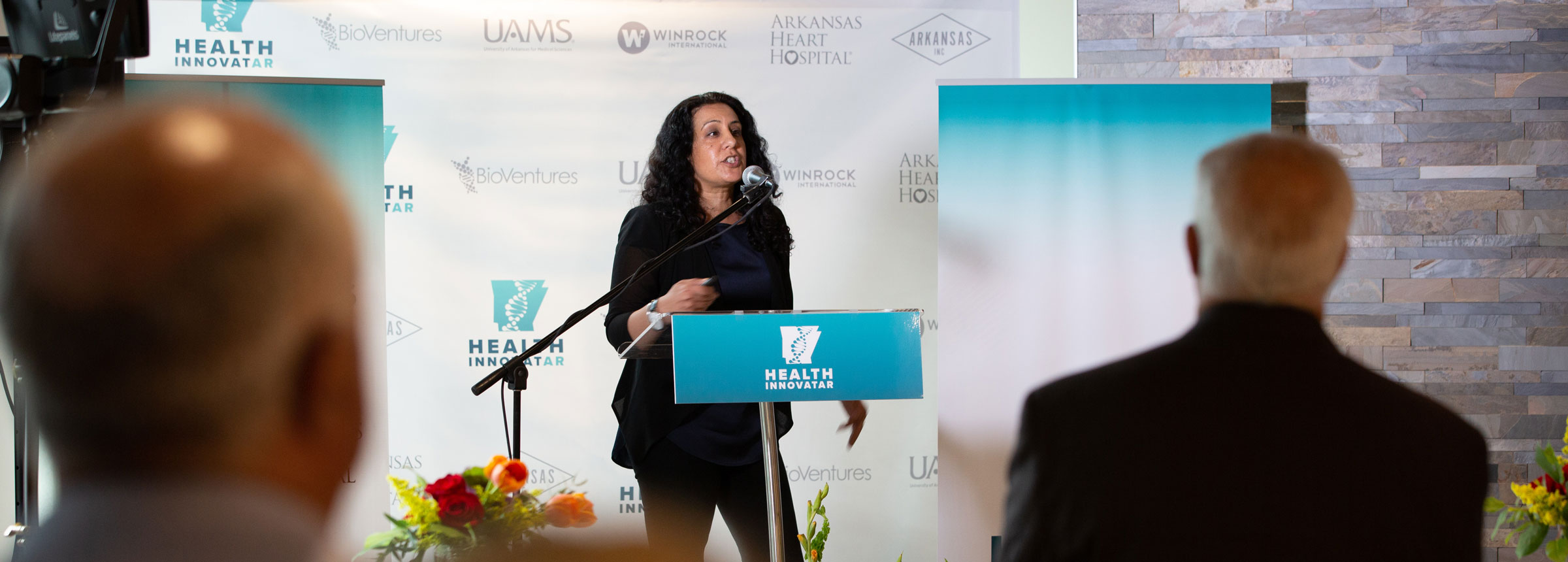
Health InnovatAR
What sets Winrock’s Health InnovatAR program apart from similar healthcare accelerators? It’s the unfettered access to world-class clinicians from the Arkansas Heart Hospital and the University of Arkansas for Medical Science. The partnership lures world-class companies to Arkansas, creates high paying jobs, and gives local institutions first access to groundbreaking new technologies.
Accelerate Acadiana
With its historic dependence on the oil and gas industry, Louisiana’s Acadiana region has been prone to dizzying booms and devastating busts. To develop creative solutions to this problem, Winrock partnered with the University of Louisiana at Lafayette, Lafayette Economic Development Authority, the Opportunity Machine, and the Community Foundation of Acadiana to create Accelerate Acadiana.…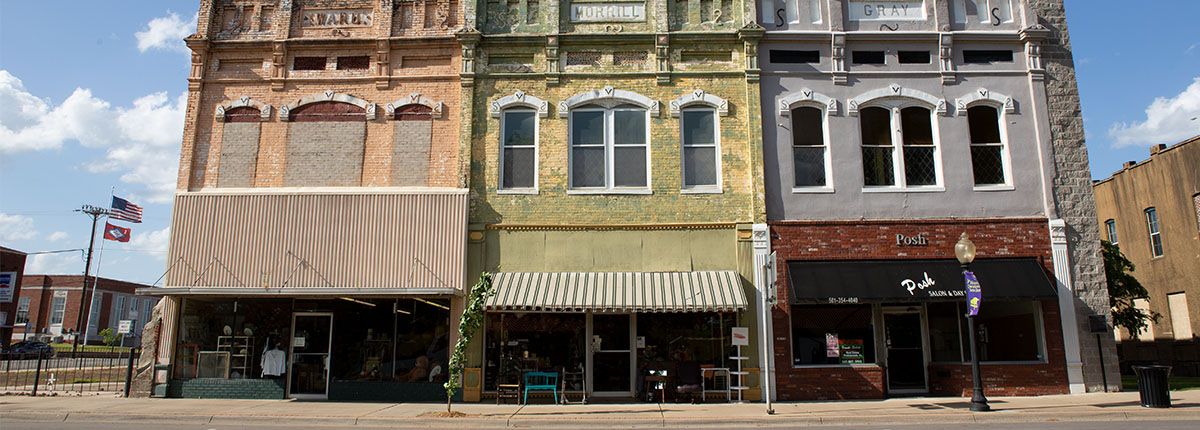
Strategic Training for Rural Innovative and Vibrant Economies (STRIVE)
How do rural municipal leaders learn to grow their local economies and improve their town’s quality of life? It all begins with the proper tools. Funded by USDA Rural Development, the Strategic Training for Rural Innovative and Vibrant Economies (STRIVE) project provides those vital tools. From prioritizing local problems and identifying local successes to assessing…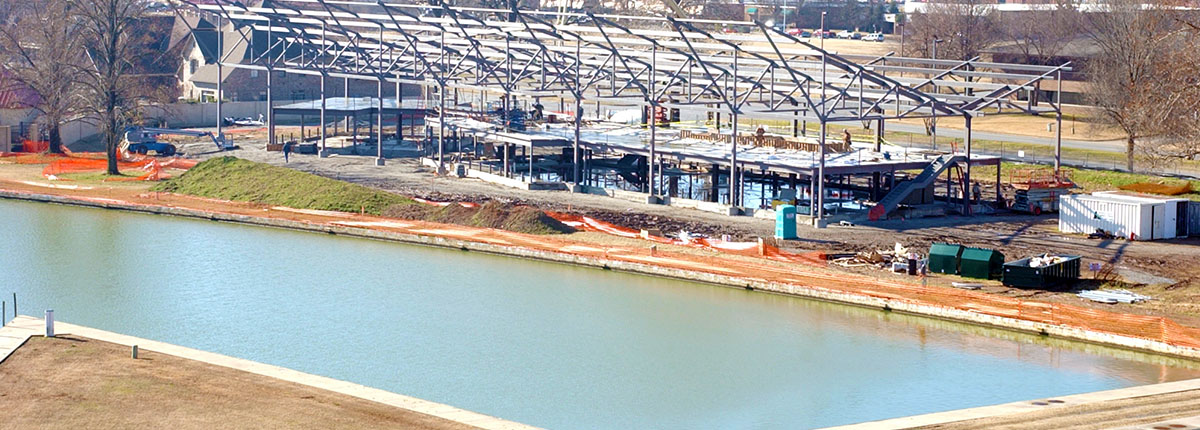
USDA RUS Technical Assistance Training
Devastating water main breaks. Century-old pipes. Deteriorating water and waste water infrastructure is a constant threat to U.S communities, but all too often, local leaders don’t know how or what to overhaul, let alone how to prioritize what needs fixing first. Through the Rural Utility Technical Assistance and Training project, Winrock’s technical assistance helps rural…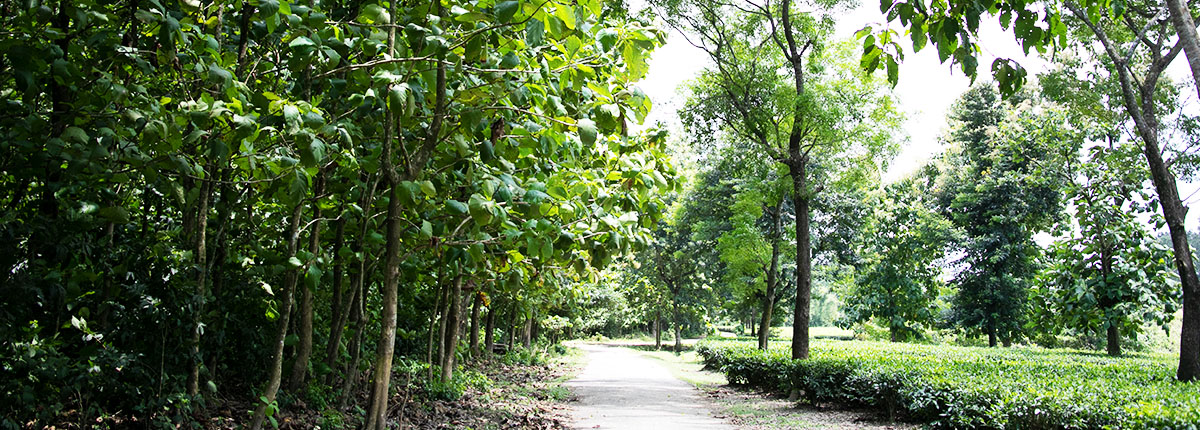
Facilitation and Community Engagement in Clark County
In collaboration with Henderson State University and local leaders, Winrock is identifying some of the most pressing needs of Clark County, Arkansas. There’s a lot to love in the area, from its gorgeous parks and scenic beauty to its duo of esteemed universities, Winrock, with local leader support, is committed to creating a place where…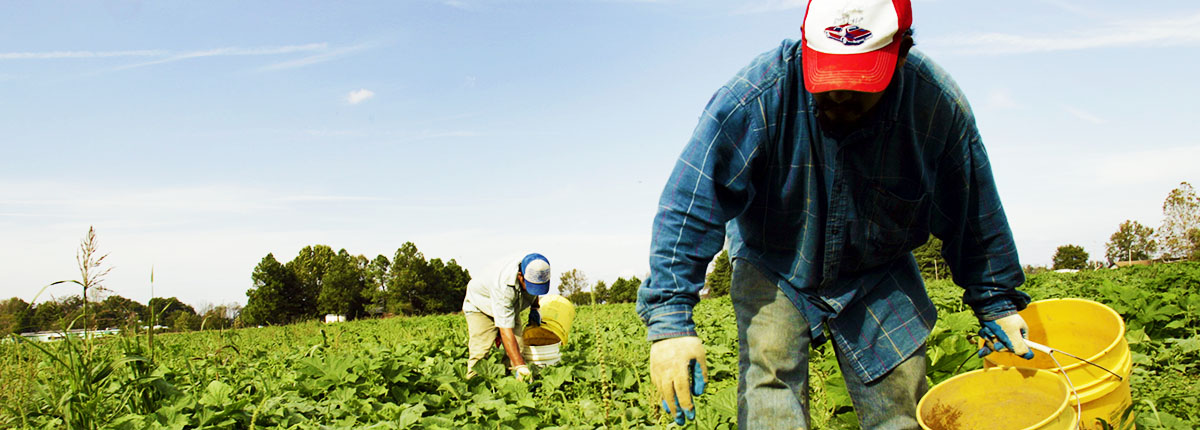
Fourche River Valley Project
Over the years, farmers in western Arkansas have shifted from growing cotton and corn to raising dairy cows and broiler chickens. Today, Winrock and project partners are working together on the Fourche Valley Food Grain Industry Study, looking at ways to develop a high-value, non-GMO or organic food grade grain industry in the area’s Fourche…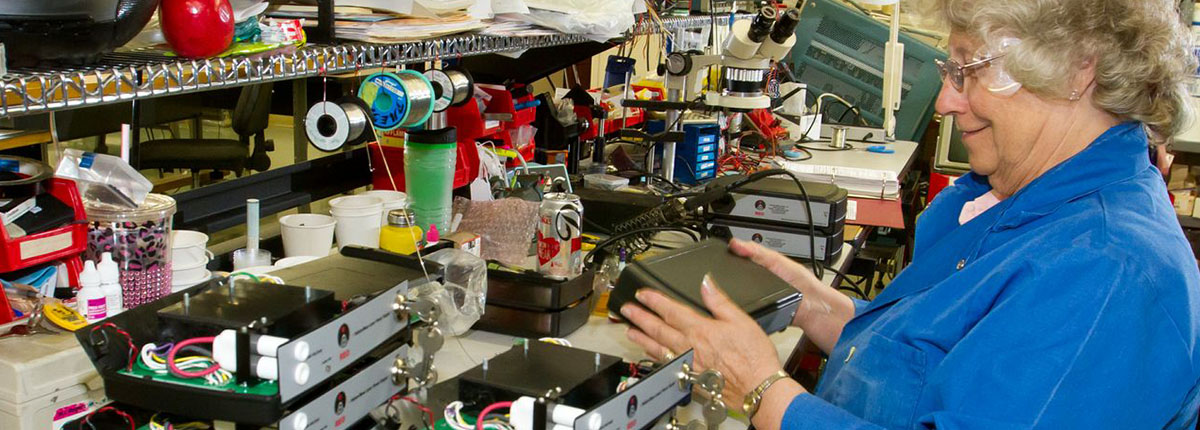
Creating Regional Economies and Technical Expertise
America’s wealth gap is prevalent across rural and urban communities. Much of Arkansas is rural and prospers, but poverty and unemployment continue to plague many areas of the state. Citizens and community leaders lack access to technical know-how that would move these areas forward. Through the Creating Regional Economies and Technical Expertise project, Winrock provides…